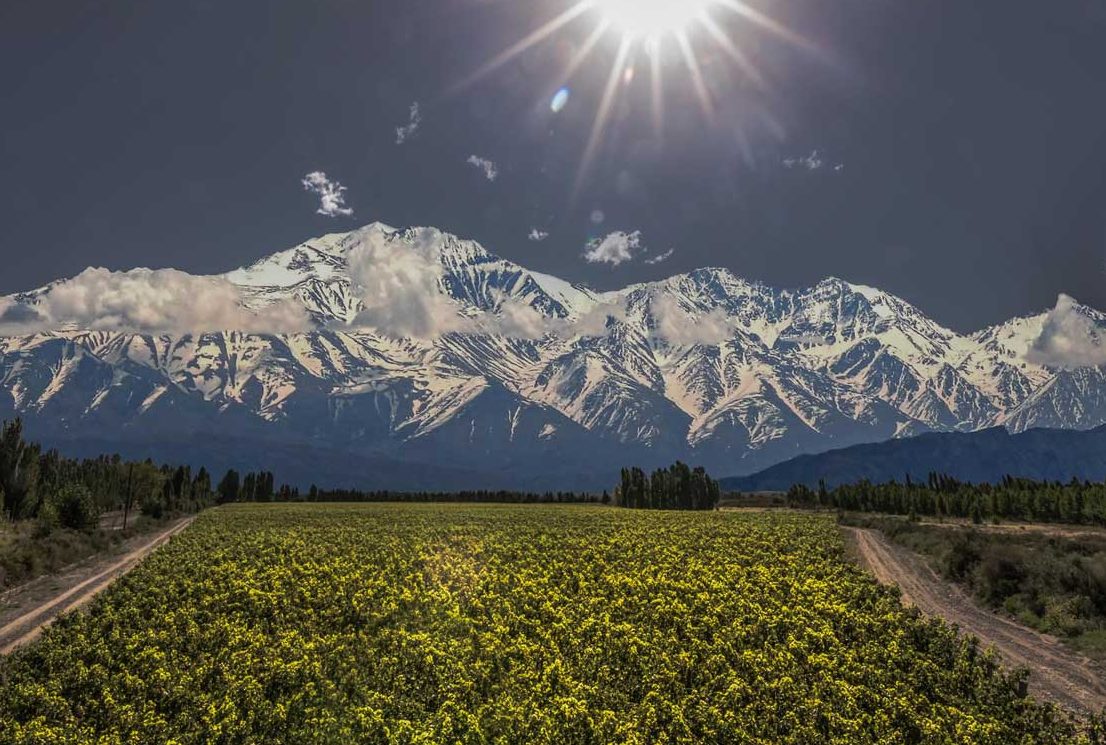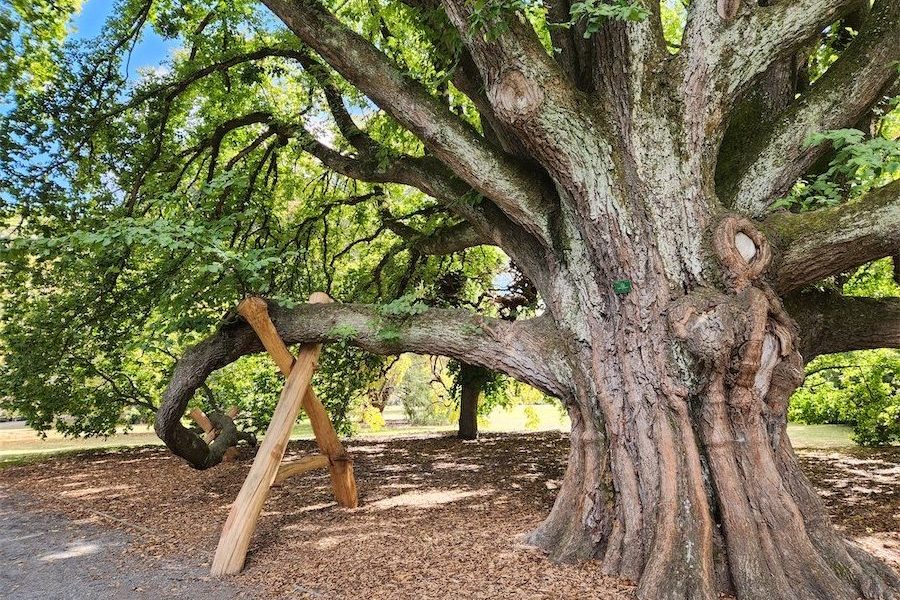
Wine writer RICHARD CALVER traces the story of malbec and why it may get harder (and more expensive) to enjoy.
THESE days I don’t often eat meat. But on the weekend, I decided to have an eye fillet as a solo dinner.

I have a moral ambivalence about meat eating, so it is difficult to articulate my sudden desire to sink my teeth into a juicy steak. I discarded the ethical issues.
I went to the Fyshwick markets and bought a small steak of the best quality. I passed by the Plonk bottle shop after making this purchase. Featured in the door display were a number of wines. But the one that caught my eye was a Clandestine Vineyards’ 2020 Margaret River Malbec.
Malbec is usually associated with Argentina where it is the main grape variety grown. It is a meat lovers’ wine. The price for the Western Australian was very good, just $21.90, so after getting reassurance from the proprietor that this was indeed a wine he would recommend, I purchased the wine to go with my steak.
I had not tried an Australian-grown malbec varietal since 2017 so this was an unusual choice for me, although I did have an Argentinian malbec in my collection.
Argentina has embraced the malbec varietal as its own, although the grape originates from Bordeaux in France. In July, I purchased a 2019 Catena Malbec from Vintage Cellars, Manuka, for $32. It was intended for immediate consumption, again with meat, but it was put into storage instead.
This wine is from the foothills of the Andes and is a cold-climate wine. The Wine Enthusiast website tells me that when grown in warm regions to the north of the country, malbec is often dark, higher in alcohol. From the higher, cooler reaches of Mendoza, the wines tend to have greater natural acidity. The Catena was grown in the Mendoza region.
Malbec and steak are made for each other. I checked the UN Food and Agriculture Organisation data and in 2019 Australia had a per capita meat consumption of 142kg, with 26kg of that being beef. Argentina, in contrast, has a lower per capita total consumption at 117kgs but a higher rate of beef consumption at 48kgs. They like their steak.
The Clandestine Malbec was a big wine; it is 14.5 per cent alcohol by volume and was plush and purple and replete with blue fruit flavours. It has a great mouth feel and opens up with food. There was no heavy tannin or oak fighting with the meaty flavours.
I called Nick Stacy, joint owner and vintner at Clandestine: “Malbec’s an unusual grape to come out of WA, what is the history there?”
“Yes,” said Nick, “it is an unusual grape. But if you go back to 1965 to 1968 when they were planting Bordeaux varieties in the Margaret River, you got about 70 per cent cabernet and 30 per cent the rest, including malbec.
“It was rare to find malbec of any volume but the producer at Celestial Bay had over five tonnes, which we purchased. But even though we produced a malbec in 2019 and 2020, with the 2021 about to be bottled, that will be our last release. It’s become popular overseas, and it was $1800 a tonne or less but now is $3000 a tonne and we have no room for a $40 malbec in our range.”
“How disappointing,” I said.
The night after I tried the Clandestine, a mate and I compared it with the Catena. We drank the wines with prosciutto and three different cheeses. The Argentinian was similar to the Australian but with a more plummy taste and smell and a smoother finish. They were both excellent with the Italian ham. Such a pity that we will no longer be able to get the Clandestine.
UK: knock knock.
Argentina: who’s there?
UK: Falkland Islands.
Argentina: I don’t get it.
UK: And you never will.
Who can be trusted?
In a world of spin and confusion, there’s never been a more important time to support independent journalism in Canberra.
If you trust our work online and want to enforce the power of independent voices, I invite you to make a small contribution.
Every dollar of support is invested back into our journalism to help keep citynews.com.au strong and free.
Thank you,
Ian Meikle, editor




Leave a Reply